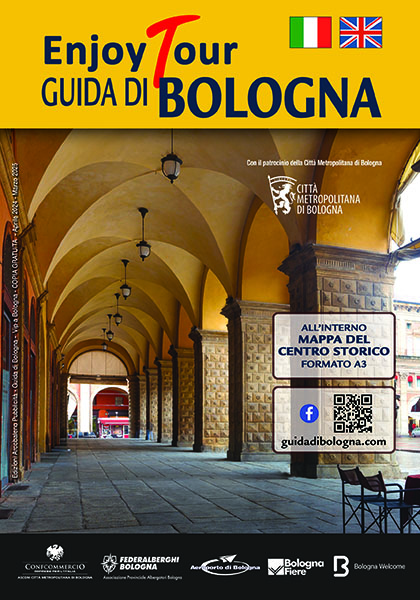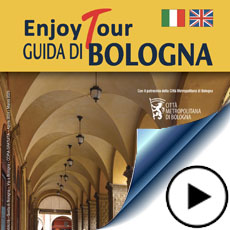Known all over the world, Bolognese cuisine is too often distorted by media and industrial counterfeits …
To protect and enhance in the world this rich and unique heritage, for the contents it expresses directly, for the close relationships it presents with the history of the territory, with the social, cultural and entrepreneurial fabric and for the value of the agri-food sector on which regge, the metropolitan city of Bologna has decided to support the recognition of “Bolognese gastronomic culture” at UNESCO. The international organization has recently granted a title similar to the Mediterranean Diet and the Art of Neapolitan pizza makers.
The proposal was launched on the occasion of the presentation of the book by Napoleone Neri “A tavola con il Dottor Balanzone“, which was held at Palazzo Malvezzi on Wednesday 13 June.
The Metropolitan City intends to adopt a project to preserve and enhance its gastronomic culture in the world. Initiative that integrally connects with the evolution of metropolitan Bologna as “City of food”. In this sense the project aims to involve the whole city and the territory: Chamber of Commerce, University, economic organizations, professions, schools and much more. ”
“We begin a journey – underlined Giuseppe De Biasi, head of the Metropolitan City Cabinet – who tries to reconstruct the soundness of a candidacy that the world recognizes us, a possible candidacy that starts as a first step from an orientation of the metropolitan city. There will be a long work to do but it is a way of gathering all the experts and stakeholders to make this application and the possibility of success possible. ”
“UNESCO – highlighted Andrea Segrè President of FICO Foundation and president of CAAB – can be an opportunity to codify something that already exists. Until I read the book by Napoleone Neri I did not realize how much the gastronomic culture of Bologna, understood in the metropolitan sense, was such an important cultural heritage that it fits perfectly into the Mediterranean food pyramid, which is declined in local foods. We tried to make a preliminary analysis to justify this idea and looking at filling out the application form there are all the characteristics that would already lead us in that direction from the point of view of agriculture, production, history, identity, culture, art and music. It’s amazing what came out, the path can be activated and there are all the features to make it happen. “

